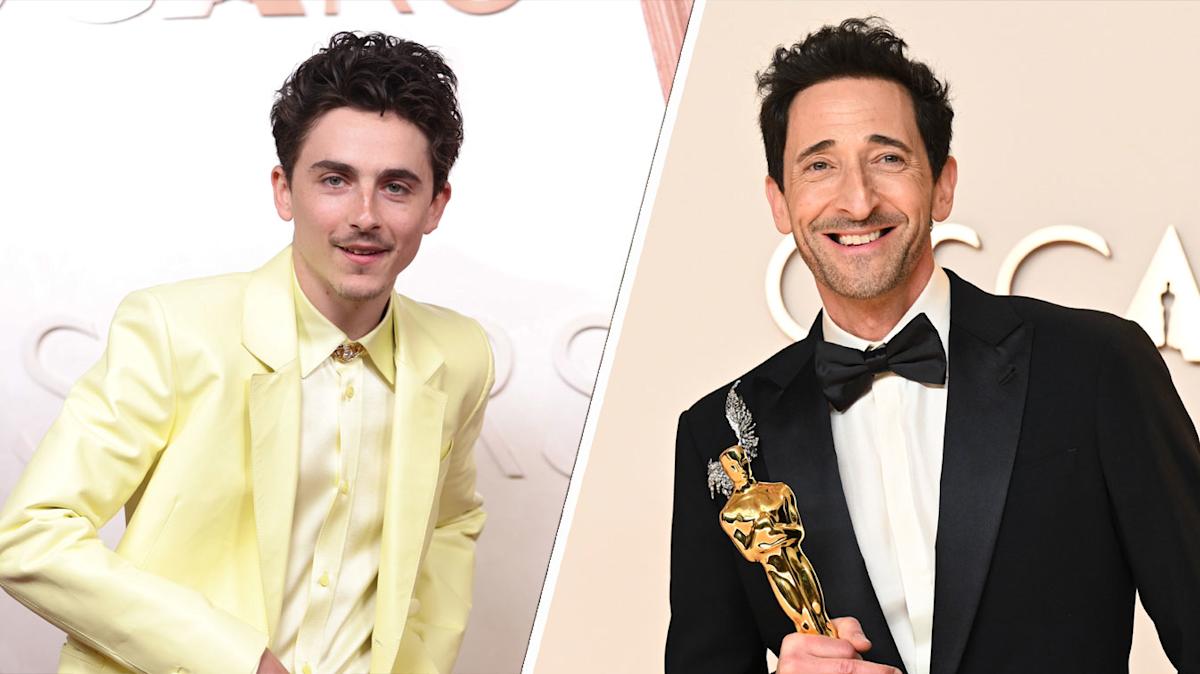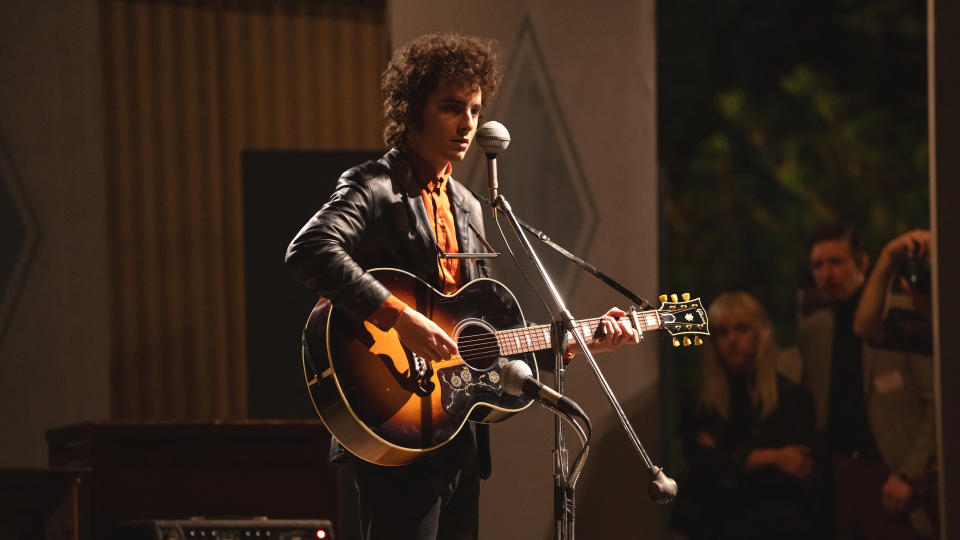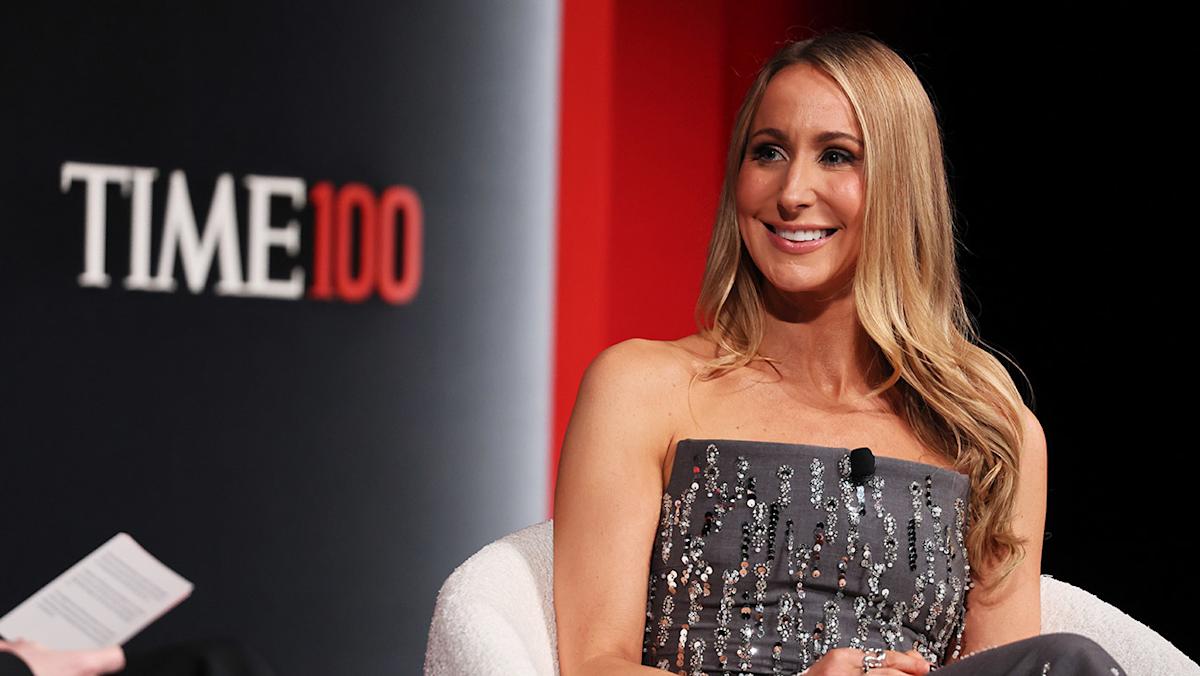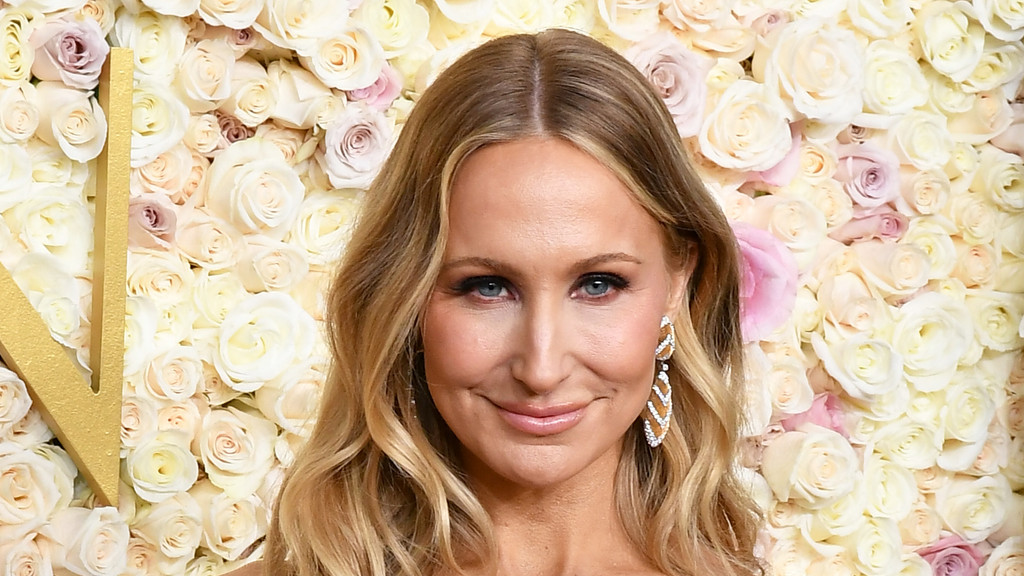## Timothée Chalamet vs. Nikki Glaser: A Golden Globes Cold Shoulder?
The Golden Globes red carpet is known for its glitz, glamour, and occasional awkward encounters. But this year, comedian Nikki Glaser revealed a backstage drama that has sent shockwaves through Hollywood. Apparently, heartthrob Timothée Chalamet wasn’t thrilled about her pointed monologue, and even wanted to skip it altogether.

The Art of the Roast: Navigating the Line Between Fun and Offense
Nikki Glaser’s Golden Globes Monologue: A Case Study in Comedic Risk

Nikki Glaser’s recent hosting gig at the Golden Globes sparked a fascinating debate about the art of roasting and where the line lies between humor and offense. Glaser, known for her unapologetically candid and often “mean” humor, had reportedly raised concerns among some attendees, particularly Timothée Chalamet, who was nominated for his performance in A Complete Unknown and attended with his girlfriend, Kylie Jenner.
Glaser herself acknowledged Chalamet’s apprehension, stating at the Time100 Summit that he almost skipped her monologue altogether to avoid potential ribbing. “That got back to him, and he was just going to skip my monologue and get there late, just so he didn’t have to deal with it,” she said. “I get it, because he’s there with his girlfriend who is already the subject of so many jokes. He shouldn’t have to sit there if I’m going to make fun of something about him — it’s like his night. So, I don’t begrudge him doing that.”
Despite this initial hesitation, Chalamet and Jenner ultimately chose to stay and even laughed along with Glaser’s playful barbs. Glaser assured Chalamet’s publicist that her jokes would be lighthearted and focused on admiration rather than mockery. She later recounted: “I love Timothée! I’m not telling you the jokes, but I promise the jokes are only uplifting him and saying, ‘I’m a huge fan.’ I would never do anything to ruin his night!”

The Delicate Balance: Humor, Boundaries, and Audience Sensibilities
Glaser’s anecdote highlights the inherent challenge of roasting: finding the sweet spot between witty amusement and potentially hurtful offense. The art of the roast demands a keen understanding of boundaries and an awareness of the roastee’s personality, their public persona, and their potential vulnerabilities.
Humor is subjective, and what one person finds amusing, another might find insulting or embarrassing. A skilled roaster knows this and strives to craft jokes that are clever and insightful rather than crude or personally attacking. The success of a roast often hinges on the delivery, the timing, and the overall tone.
Glaser herself acknowledged her reputation for “mean” humor, stemming from her participation in events like The Roast of Tom Brady. However, she maintains that her jokes at the Golden Globes were not intended to be malicious. She emphasized that she didn’t resort to insults about physical appearance or personal flaws, stating, “I wasn’t sorry about anything I said at the Globes because I didn’t say anything that was calling anyone ugly or fat.”
Context and Intent: Shaping the Impact of a Joke
The context in which a joke is made plays a crucial role in determining its impact. A roast, by its very nature, is a playful form of public critique, and the audience understands that the intent is not to inflict genuine harm but to generate laughter and entertainment.
Glaser’s joke about Selena Gomez and Benny Blanco, which she acknowledged as potentially “mean,” exemplifies this point. While some might perceive the joke as insensitive, Glaser explained that she had pre-cleared it with Blanco, who found it hilarious. Gomez also reportedly gave it her blessing.
In this instance, the context of a light-hearted awards show, the prior consent of those directly involved, and the overall tone of the joke mitigated its potential for offense. It demonstrates that open communication and understanding the perspectives of all parties involved can help navigate the complexities of humor in public settings.
Conclusion
Nikki Glaser’s revelation about Timothée Chalamet’s alleged reluctance to participate in her Golden Globes monologue throws a fascinating light on the dynamics between presenters and guests at high-profile events. While Chalamet’s camp maintains his stance was simply a misunderstanding, Glaser’s account highlights the potential for backstage tension and the delicate balance of power that exists in the entertainment industry. It raises questions about how celebrities navigate expectations and personal boundaries, especially when thrust into the spotlight of a televised event.
Beyond the entertainment realm, this incident resonates with broader discussions about consent, communication, and respect in professional settings. Whether intentional or not, Chalamet’s alleged actions, even if misconstrued, underscore the importance of clear communication and acknowledging boundaries, even when navigating the complexities of fame and public appearances. This seemingly trivial anecdote serves as a reminder that even in the glitz and glamour of Hollywood, genuine human interactions and respectful communication remain paramount.

